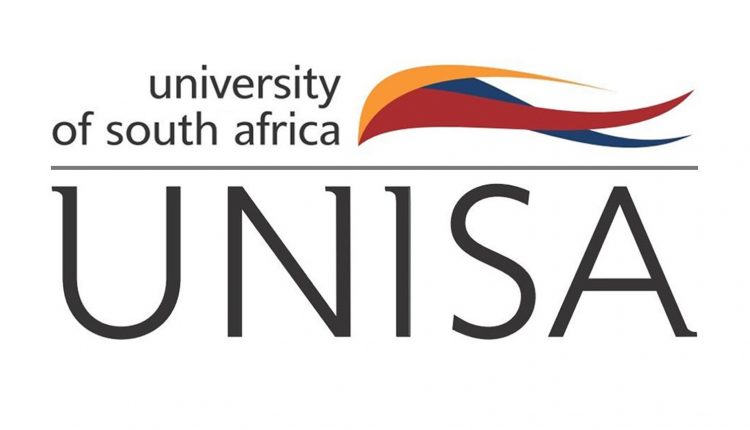University of South Africa: Nurturing non-academic research talent
The tranquil surroundings of Irene Farm provided the inspirational setting for this year’s Professional Research Committee (PRC) Research Writers’ Retreat from 21 to 25 November. Unisa is the only South African higher education institution that provides comprehensive research support to specialist and support professional staff members, assisting them towards completing postgraduate qualifications and publishing their research in a number of ways.
The PRC is an initiative of the Directorate: Research Support in the Department of Research, Innovation and Commercialisation. The aim of the retreat was to use dedicated writing time to craft research journal articles in a supportive, non-surveillance environment.
Attending the retreat were Dr Nkateko Eudora Lowane (Buyer, Demand and Acquisition: Supply Chain Management), Marshall Hwehwe (Internal Auditor: Internal Audit Department), Legobole (Mante) Rantlha (Personal Librarian: Unisa Library), Refilwe Phala (Research Commons Librarian: Unisa Library), Modiehi (Mo) Rammutloa (Coordinator, Data Standards and Quality Reporting: Library and Information Services) and Mokgadi Senyolo (Branch Librarian: Library and Information Services).
Providing intensive individual and group guidance were facilitators Professor Lesiba Teffo (Expert Consultant: Research, Innovation and Commercialisation), Professor Puleng Segalo (Incumbent of the Chief Albert Luthuli Research Chair) and Dr Sipho Makgopa (Curriculum and Development Specialist: Directorate: Curriculum Development and Transformation). Editorial and writing inputs were provided by Philip van der Merwe (Editor: Department of Institutional Advancement).
The programme was expertly directed by Amisha Benode (Programmes and Projects Officer: PRC).
Regarding their experience of the retreat, participants commented as follows:
‘The publication workshop was excellent, informative, one of the best and constructive. We learned so much pertaining to research and article writing.’
‘The programme was well presented, informative and of good quality.’
‘The publication workshop was an eye-opening experience. I am of the view that it was well packaged and exceeded my expectations.’
‘The publication workshop was beneficial to me as it gave insight on how to write an article that can be published in an academic journal.’
‘It provided guidance on how to write a publishable article, i.e., from writing an abstract to writing a conclusion for the article. It worked well.’
‘Those who attended showed enthusiasm during the programme and there was active participation from them.’
‘It was excellently presented, section by section so that we can understand the concepts.’
‘The workshop was an opportunity to engage with experts in research. It was an interactive session with a lot of insight.’
‘The sharing of our work and the criticism really boosted one’s confidence and built on the momentum to want to publish.’
‘This was a very fruitful exercise, progressive and empowering.’
Participants completed evaluation reports at the end of the week, indicating areas of improvement which will be incorporated into future retreats.
Says Benode: ‘The objective of the writing retreat is to complete journal articles for publication. At this year’s retreat, researchers made the most of the time allocated for writing. Brief scheduled discussions between writing slots often generated solutions to writing problems, led to research-orientated conversations and provided feedback on writing-in-progress. The retreat allowed participants a distraction-free setting to write, as well as the opportunity to speak to and seek feedback from other writers and the facilitators.’

